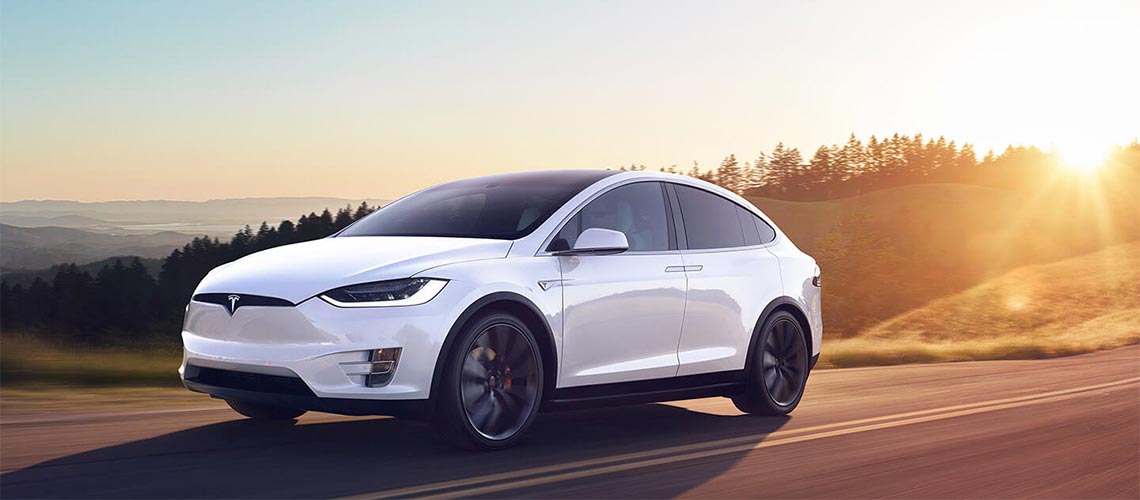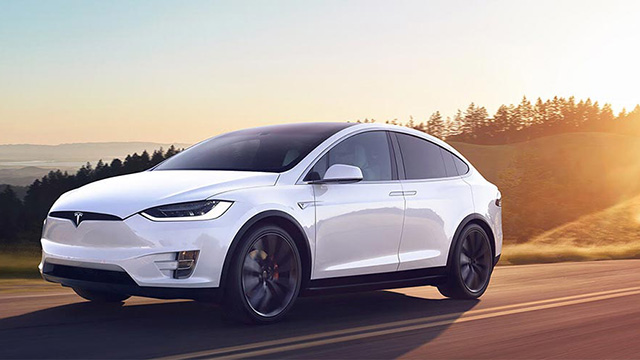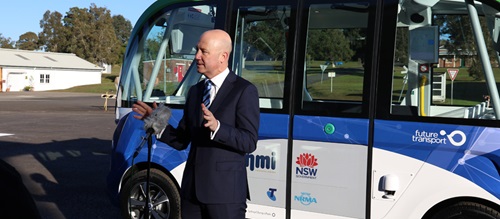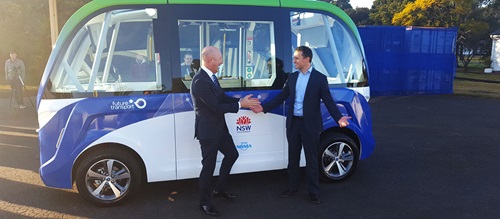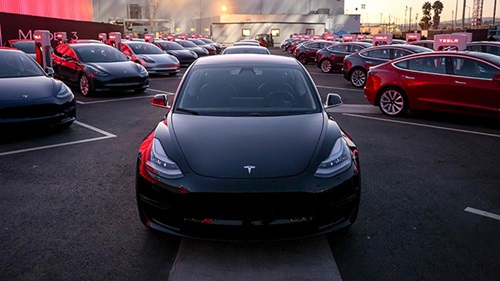The new report, The Future is Electric, highlights Australia’s electric vehicle potential. Worldwide, there are now more than two million electric vehicles on the road, with BHP suggesting this could rise to 140 million by 2035.
NRMA Chairman Kyle Loades said the transition to electric vehicles would provide significant benefits across energy, transport, public health, infrastructure and industry development.
“The increased demand for electric and hybrid options reflects that consumers are increasingly seeking to reduce emissions,” Mr Loades said.
“We know that many motorists are concerned about the impact of petrol vehicles on climate change and a switch to electric vehicles is an easy way for individuals to play their part in reducing emissions.
“Transition to sustainable, zero emissions road transport will have a significant impact on air quality, with the potential for C02 emissions to be reduced by up to 90 per cent.”
The report was developed with the Electric Vehicle Council, the national body representing the electric vehicle industry in Australia. CEO Behyad Jafari said that the cost of electric vehicles was falling, particularly with the mass production of more efficient batteries.
“The cost of electric vehicles in Europe will match that of combustion cars as early as next year, with drivers of electric vehicles able to save up to $2,000 per year on fuel costs, so owning an electric vehicle is a cost-effective option long-term,” Mr Jafari said.
Mr Loades said that major industry players such as Volvo, Ford, General Motors and Volkswagen were already preparing for an electric and automated future, with countries around the world beginning to phase out petrol and diesel propulsion.
“France, the UK, India and China have already declared a move towards banning petrol-based cars,” Mr Loades said.
“As an importer of motor vehicles, Australia will have no choice but to adapt to an electric future, and we need Australian governments to demonstrate support for the adoption and availability of electric vehicles for everyone.
“Australia has one of the largest supplies of mineral resources required for battery production and an environmentally conscious population, so we should be at the forefront of electric vehicle adoption.”
Governments in some jurisdictions are addressing the purchase cost premium in the short term by providing consumers with incentives to encourage electric vehicle alternatives. The NRMA’s report recommends that Australian governments introduce similar incentives.
Other recommendations from the report include abolishing the Luxury Car Tax for electric vehicles, encouraging research and development in electric vehicle batteries and other technologies and prioritising domestic electricity generation to improve fuel security.
The report also emphasises the need for investment in the development of electric vehicle charging infrastructure to support take-up.
“Australian consumers are unlikely to commit to mass take up of electric vehicles until they have confidence there are sufficient recharging opportunities,” Mr Loades said.
“Investment in widespread charging infrastructure is an essential frontrunner to electric vehicle take-up, especially in regional areas.”
Media contact: Helen Machalias 0439 133 114

